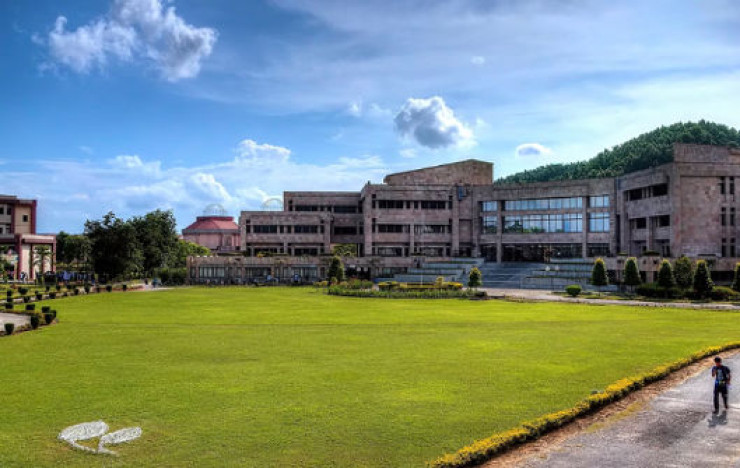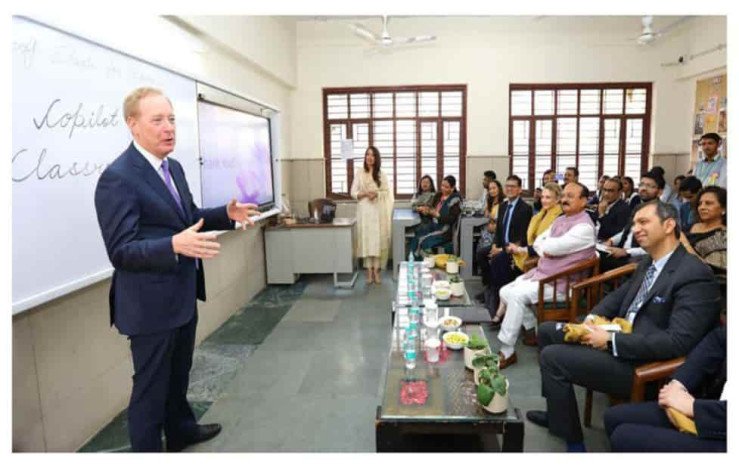Last Updated Feb - 05 - 2024, 07:07 PM | Source : HT | Visitors : 207
Researchers from the Indian Institute of Technology (IIT), Guwahati, have developed a biodegradation technology for effective waste management.

To establish an effective approach of obtaining value-added products from organic waste, researchers from the Indian Institute of Technology, Guwahati developed a biodegradation technology that tackles waste management challenges.
According to a press release by IIT Guwahati, researchers from the Waste Management Research Group (WMRG) at the institute led by Prof Ajay S Kalamdhad worked out a two-stage biodegradation technique that can help the municipal corporations manage the organic waste collected
The technology combines Rotary Drum Composting and Vermicomposting (RDVC), resulting in an economical and ecologically friendly process that allows municipalities to generate value-added products from organic waste.
“We optimized the Rotary Drum Composting technique and combined it with vermicomposting to reduce the duration of biodegradation. The earthworms, Eisenia fetida, can acclimatise faster to partially degraded organic matter from the drum compost and produce vermicompost in just 27 days,” said Prof Ajay S Kalamdhad, Department of Civil Engineering, IIT Guwahati.
This unique two-stage biodegradation technology may transform a variety of organic feedstocks into nutrient-dense compost in just 20 days. Other biodegradation strategies would take 2–3 months. However, the official news release said that RDC's constraint is lower compost quality.
To perform experimental verification of the technology, a 5000-litre RDC unit and a 3000-litre stack vermicomposting unit were created to evaluate the process's large-scale effect using horticultural waste collected on the IIT Guwahati campus. After a month of feeding 250 to 300 kg of garbage each day, 100 to 150 kg of vermicompost was generated.
The findings of the study which is co-authored by Suryateja Pottipati and Prof Ajay S. Kalamdhad have been published in multiple research papers in the Journal of Biomass Conversion and Biorefinery, Journal of Environmental Management, Bioresource Technology and Waste Management among others, informed IIT Guwahati.
The produced product has been marketed as Mati Dhan Organic Vermicompost Fertilizer Manure for Plants on Amazon and INDIAMART, mentioned in the press release.
READ MORE| ASER 2023 Report Highlights Digital Access and Educational Challenges

Feb - 21
Delhi has the highest number of such fake institutions, with 12 out of the 32 cases identified in the national capital. This means several entities... Read More

Feb - 21
The Uttar Pradesh government led by Chief Minister Yogi Adityanath has announced significant development projects for Shahjahanpur. The district wi... Read More

Feb - 21
Microsoft has announced a large scale initiative to equip teachers across India with artificial intelligence skills. Under the programme called Mic... Read More